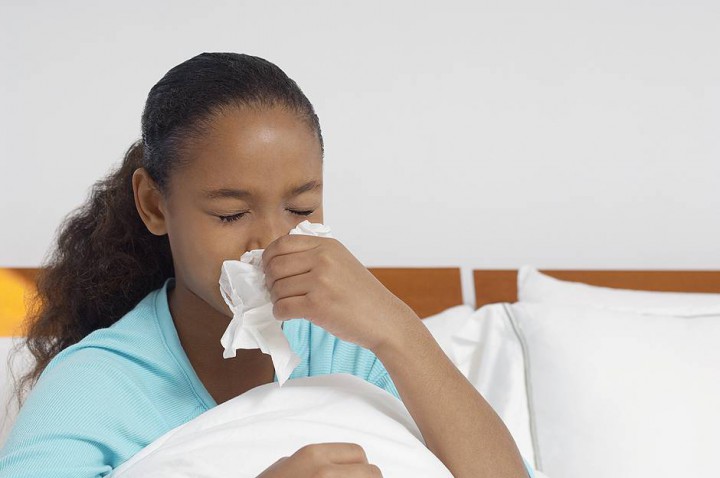The old saying goes, “feed a cold, starve a fever.” But is there any truth to the old wives tale?

Yes and no, says a new study out of Yale University.
According to researchers, there are some benefits to “starving” a bacterial illness (like pneumonia or an ear infection) but “feeding” a viral one (like the flu).
The only problem is that fevers can happen in both instances, so the whole “starve a fever” theory isn’t actually accurate. It depends on the illness you have – and what you eat.
Based on a series of tests, researchers deduced that sugar for viruses is a good thing, but bad for bacterial illnesses.
READ MORE: Cold vs flu: What do you have and what should you do?
The reason, they say, is that both illnesses experience two different types of inflammation. For bacterial illnesses, inflammation is exacerbated while for viral illnesses it’s a critical need. The answer, researchers say, is not to starve either type of illness, but rather to adjust our diets so our bodies respond accordingly and fight off the sickness.
“We were surprised at how profound the effects of feeding were, both positive and negative,” the lead researcher, professor Ruslan Medzhitov of the Yale School of Medicine told The Guardian. “Anorexia – not eating – is a common behaviour during sickness that is seen in people and all kinds of animals. Our findings show that it has a strong protective effect with certain infections, but not with others.”

Get weekly health news
In order to figure everything out, researchers infected mice with a food-poisoning bacterium called Listeria monocytogenes (so a bacterial illness). At first, the mice stopped eating and eventually recovered on their own. But when researchers force-fed them food that included fats, lipids and carbohydrates, they died.
READ MORE: Does cold weather help you catch a cold? Here’s what scientists found
The reason? The sugar content of the food they were fed. The only time mice survived was if they were given a drug that helped to block their body’s capacity to metabolize glucose.
Next, researchers infected mice with the influenza virus (a.k.a. a viral infection). They found the mice were more likely to survive if they were force-fed. According to The Atlantic, the mice would die if they were denied food – especially glucose.
Researchers hope their findings will one day urge doctors to deliver a recovery plan for patients that centre around dietary recommendations rather than over-prescribing antibiotics.




Comments